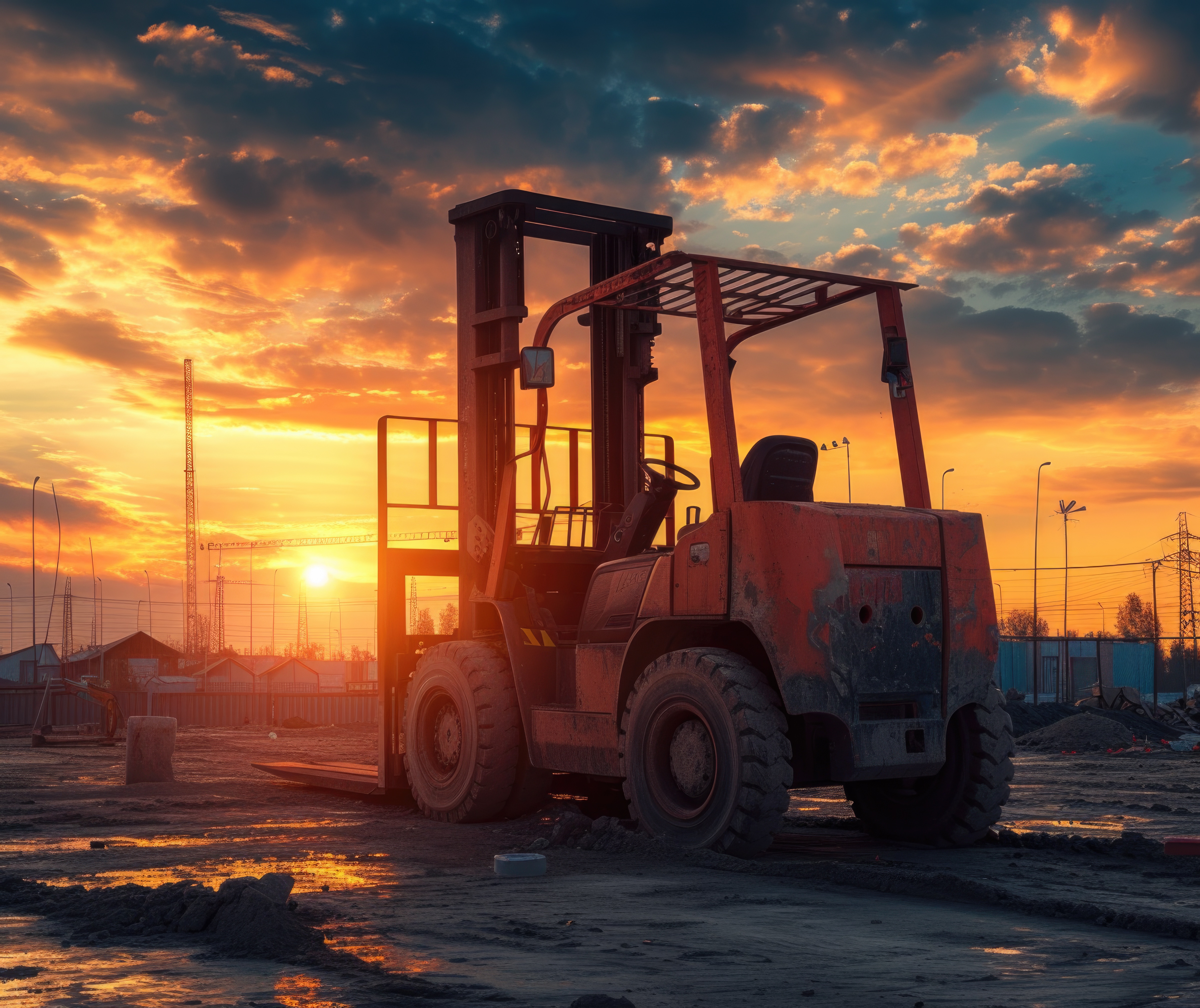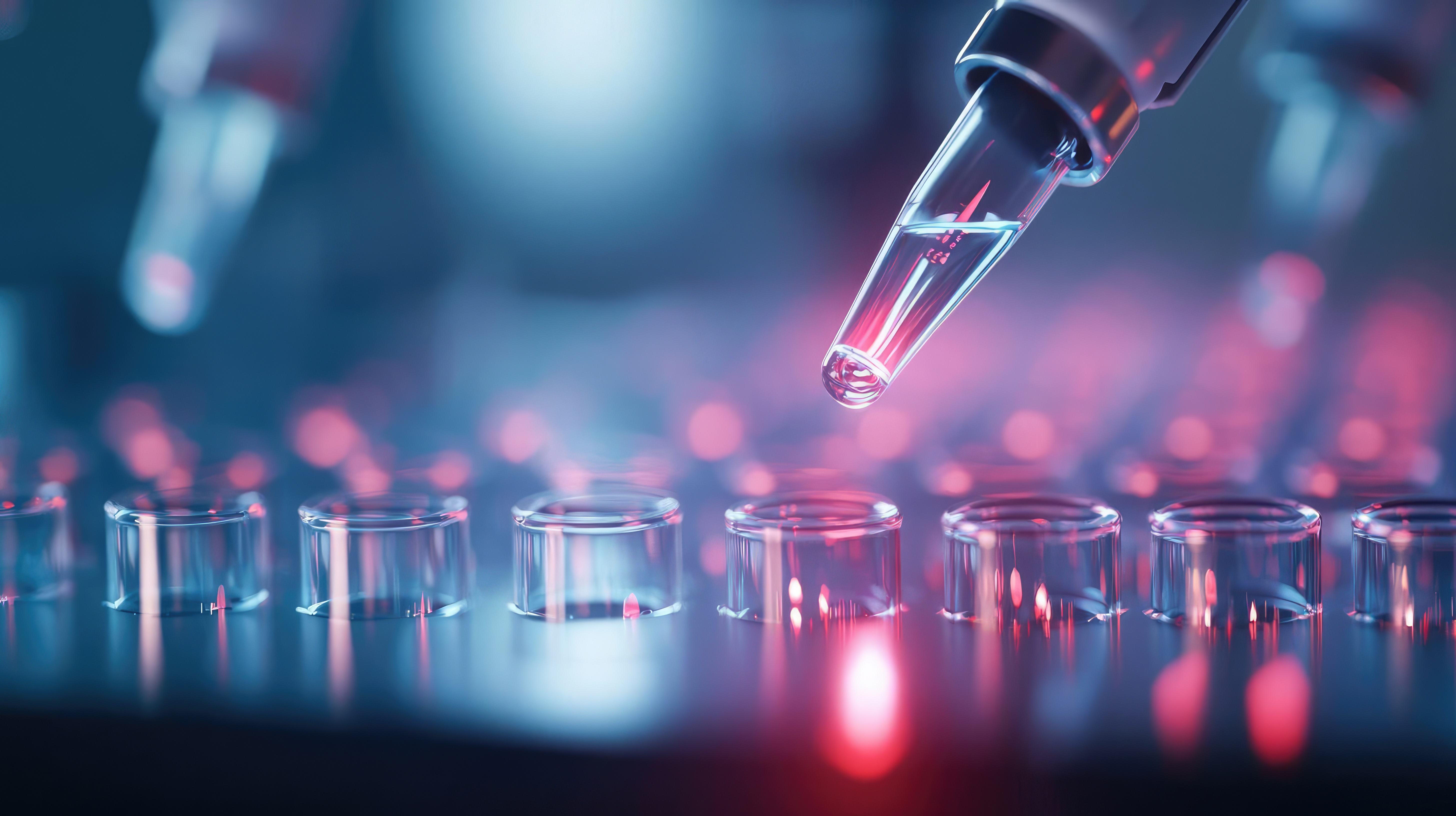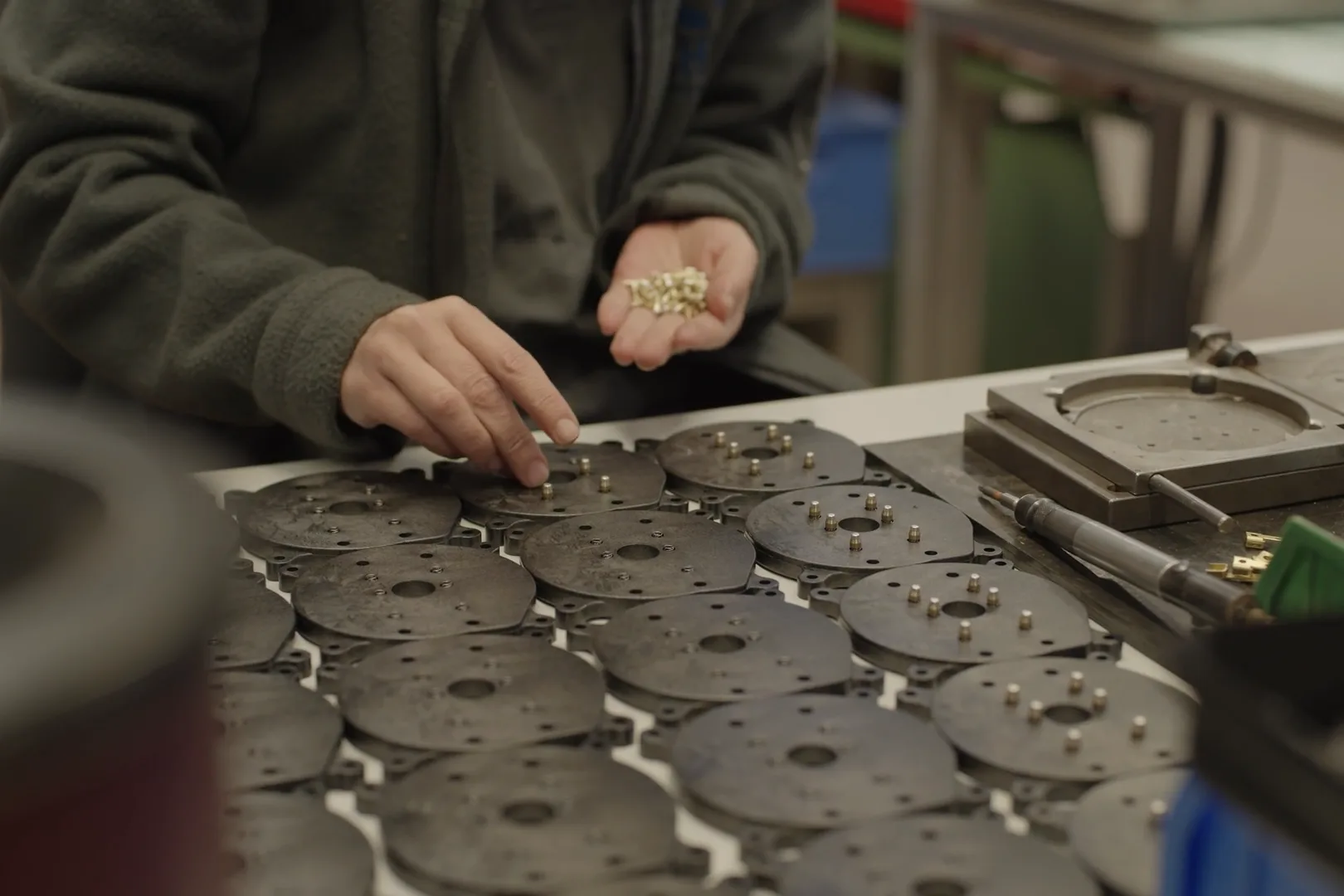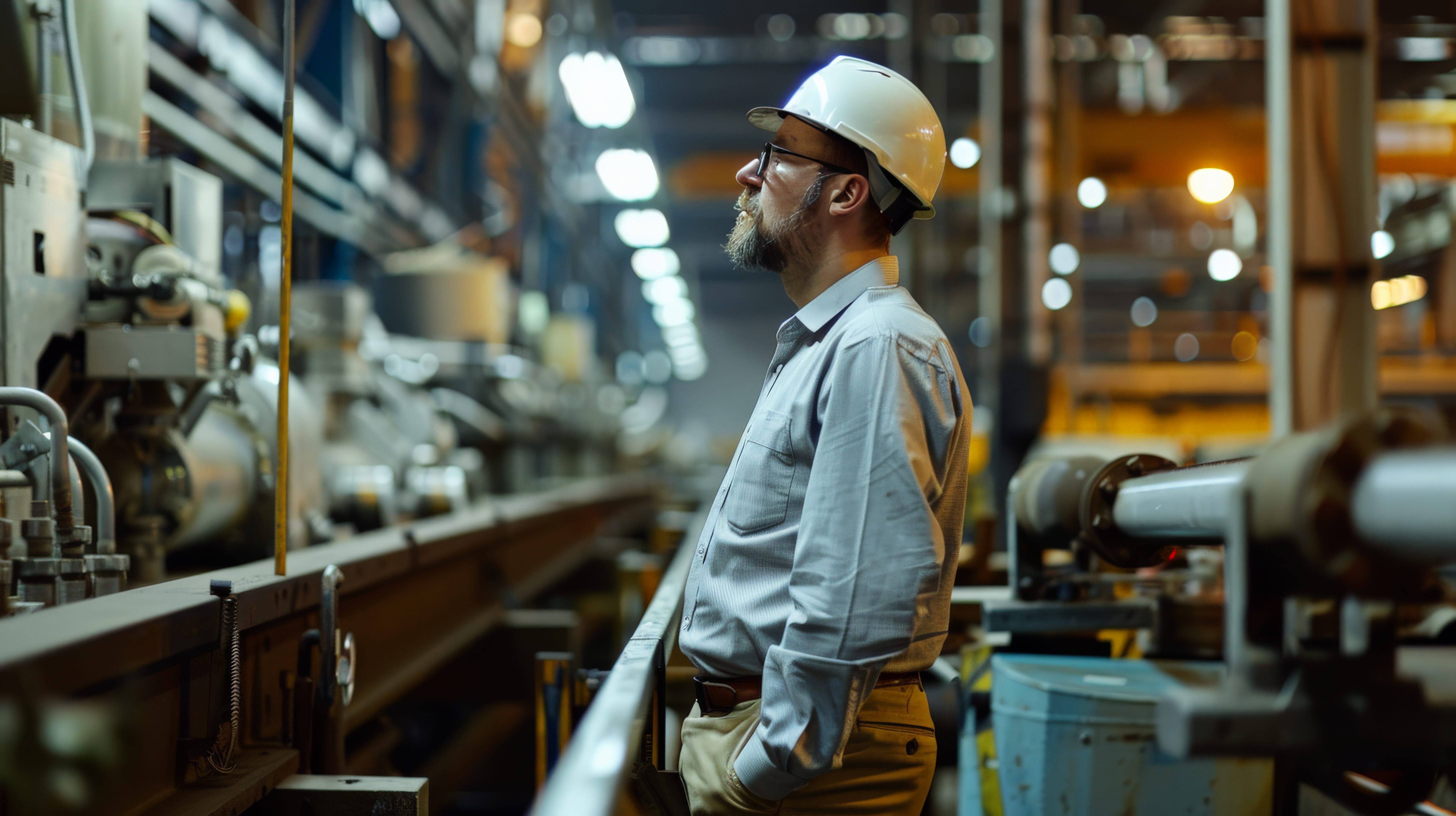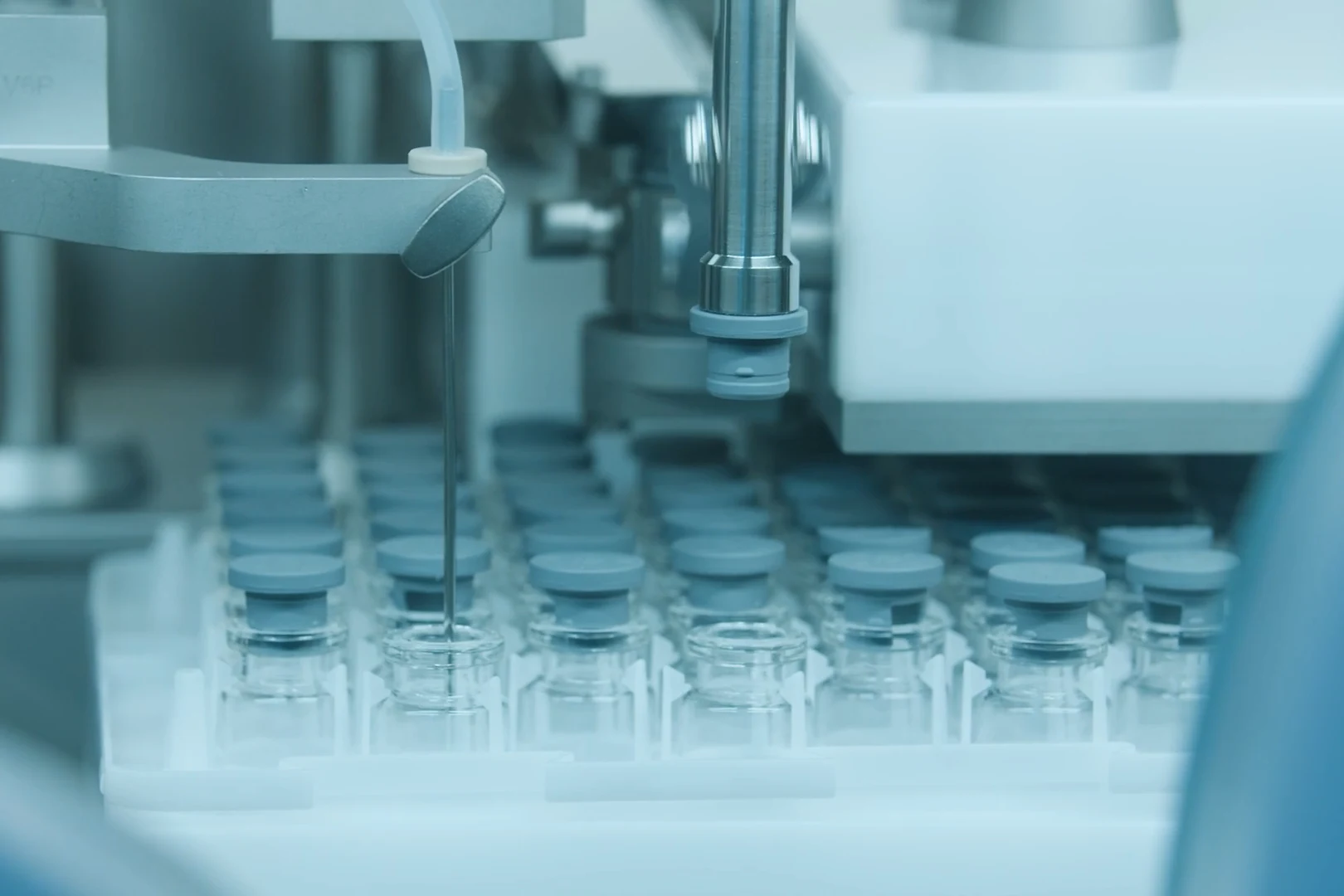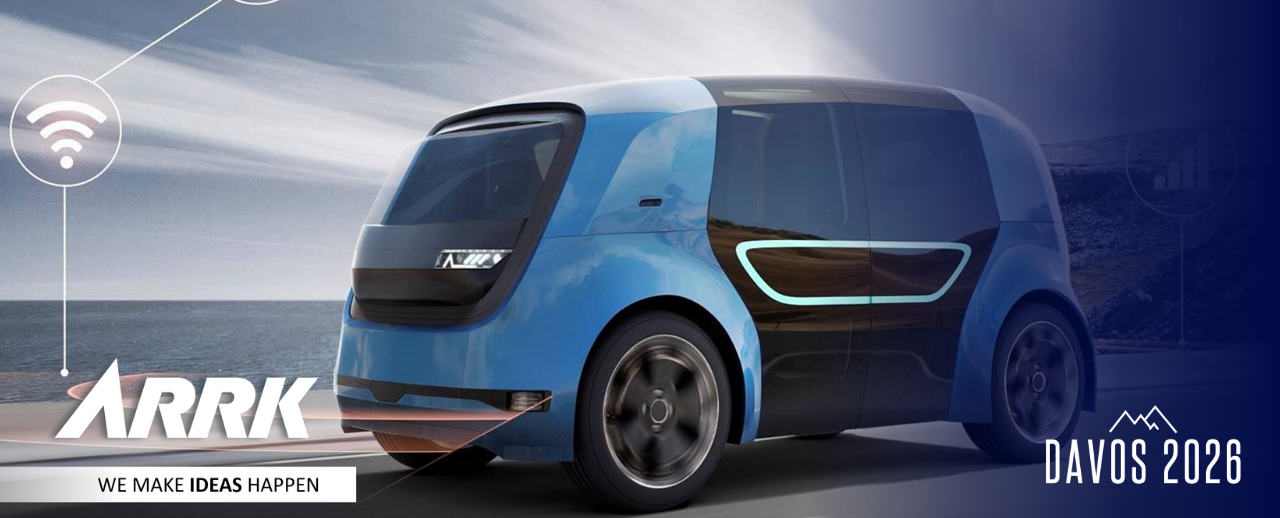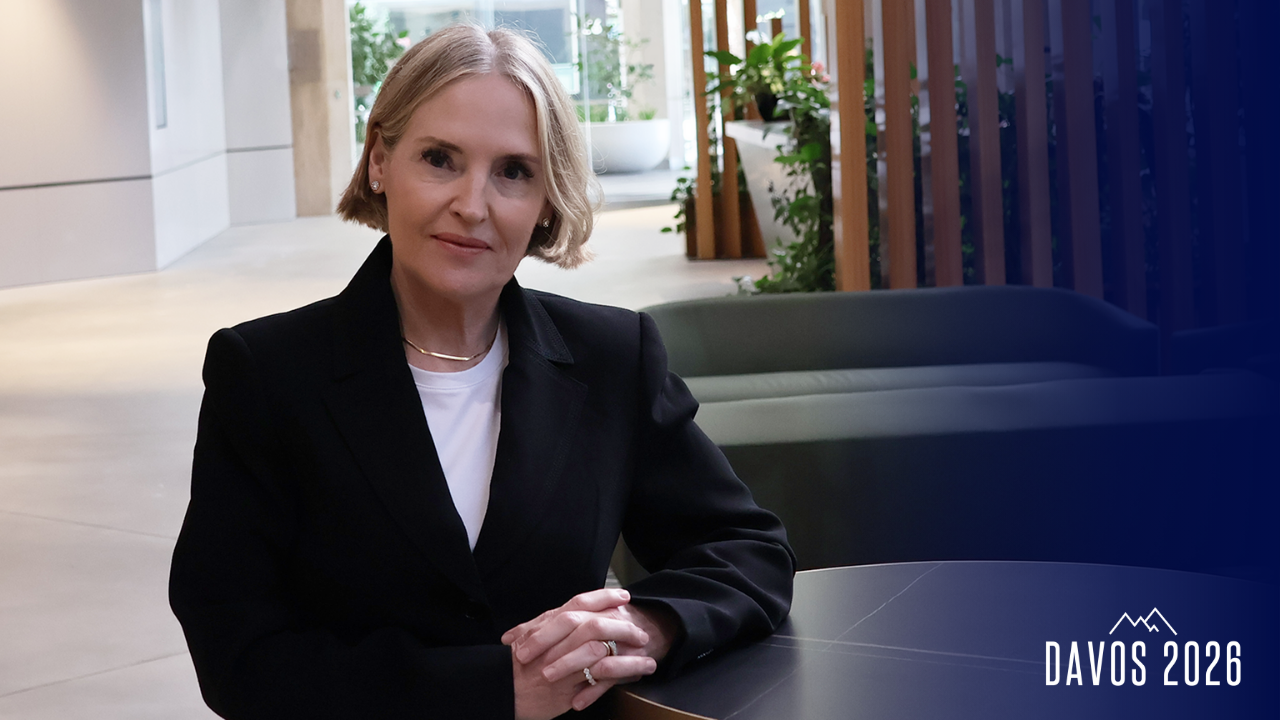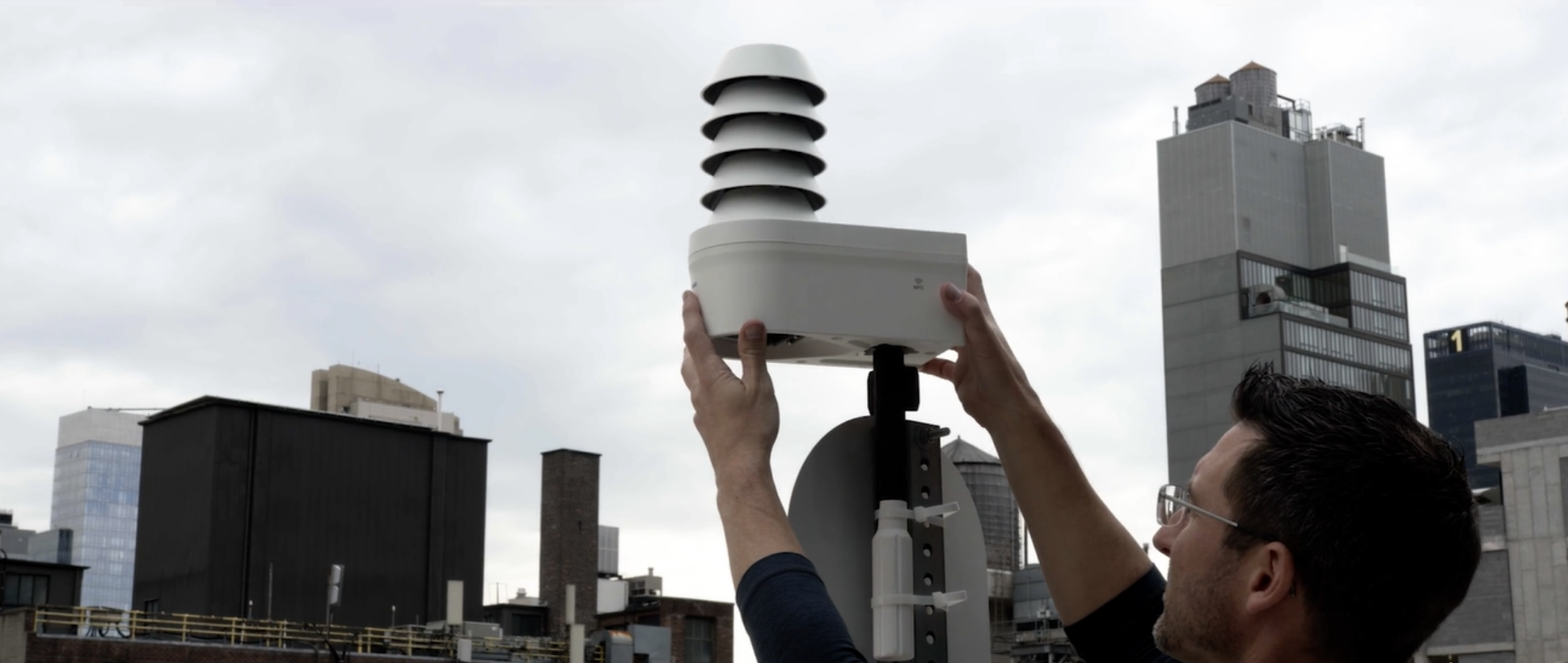Working Towards a Zero-Emission Future for Travel
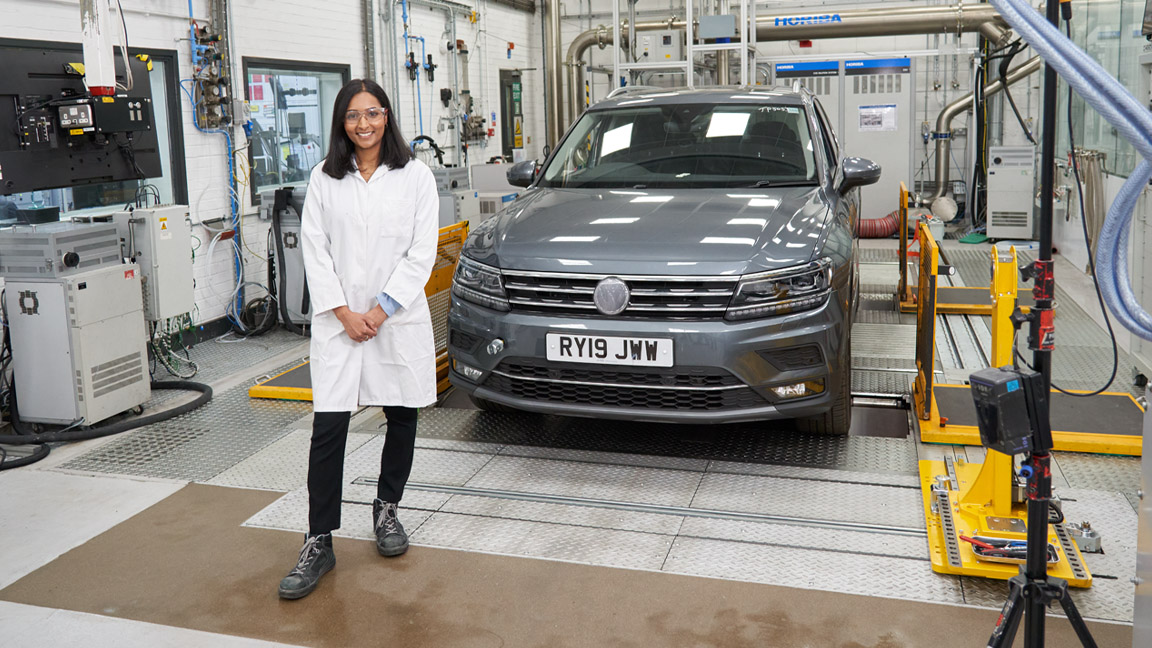
Johnson Matthey is tackling some of the biggest environmental challenges the world faces today, including how to reduce the climate impact of mass transportation. Transport is key for societies to function, develop and grow. Throughout history, humanity has sought to innovate and harness power to move ourselves and our goods. But advances over time have also come at an increasingly high cost to our planet.
As the urgency to protect our planet grows, Johnson Matthey is looking at ways to decarbonise land, sea and air travel. Industries are going through their biggest transition in decades, under pressure to build cleaner engines and use more sustainable fuels. Our work across the sector includes reducing vehicle emissions, decarbonising air travel and developing sustainable maritime fuels. Having more than 200 years of expertise in advanced metals chemistry, R&D and innovation, has kept us at the forefront of sustainable technology solutions for a long time.
50 years ago, Johnson Matthey scientists developed the world’s first batch of coated autocatalysts. Catalytic converters – found in millions of cars, buses and trucks around the world – help to remove millions of tonnes of harmful pollutants produced by gasoline and diesel engines. We deliver cleaner air for billions of people worldwide, with an estimated 1 in 3 cars on the road fitted with Johnson Matthey technology. The catalysts on vehicles today remove over 98% of vehicle emissions that would otherwise be released into the atmosphere.
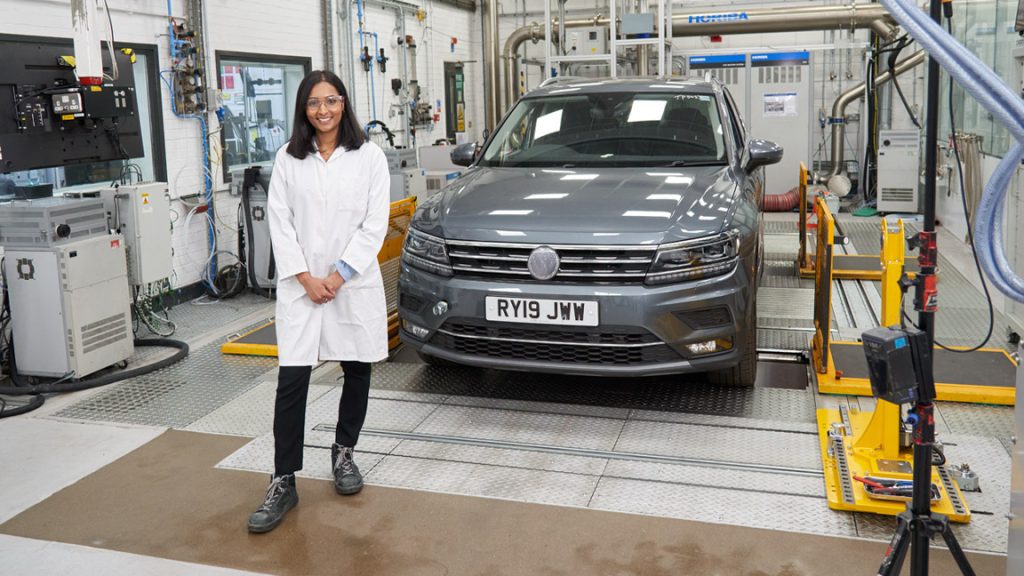
Now we are working to develop new solutions. Vehicles powered by hydrogen fuel cells will be part of the mix on our roads in the future. When used in a fuel cell, hydrogen can generate power with only water as the by-product, meaning no harmful emissions or particulates. While battery electric vehicles will be suited to short-haul, hydrogen fuel cells are key to zero emission heavy duty transport, offering longer range, faster refuelling, better efficiency and lower cost.
In aviation, we are using our leading technology in the largest planned sustainable aviation fuels plant in the world, based in Louisiana. The fuel produced there by DG Fuels will be generated from waste biomass – in this case, sugar cane residue. It will power flights across the world with airlines such as Delta and Air France-KLM already signed up.
Shipping plays an important role in the world economy as one of the main methods for exporting raw materials and goods. We’re a market leader in technology for methanol and ammonia production which will be fundamental to sustainable marine fuels. Our technology will be used at a huge project in Australia to produce 300,000 tonnes per year of methanol by 2027. When used as a shipping fuel, it will be equivalent to removing more than half a billion tonnes of fossil fuel CO₂ from the atmosphere.
With 11,000 staff across more than 30 countries, including 2,000 colleagues in the US, Johnson Matthey is a hub of scientific expertise, ambition and experience in delivering solutions even beyond transport. From developing technology critical to carbon capture enabled hydrogen and electrolytic hydrogen for the energy transition to being the world’s largest recycler of Platinum Group Metals by volume, our appetite for providing sustainable solutions only grows.
Find out more about Economy 4.0 Campaign


